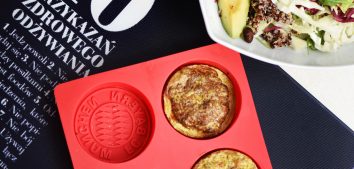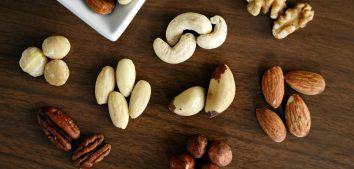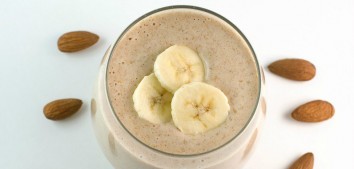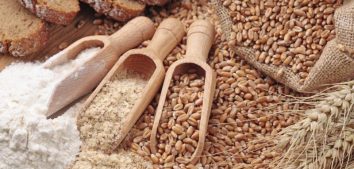
From the series THE ROAD TO HEALTH – a few words about fiber
If we want to take proper care of our body, we must remember about the health of our intestines. We can support them by consuming fermented vegetables, probiotic yogurts and – the most important of all – fiber. Healthy intestines will improve our well-being and increase efficiency because that’s where everything starts.
One of the main nutritional errors is the incorrect composition of meals in terms of macronutrients.
Too many simple sugars and animal fats as well as sipping sugary drinks with meals are the most common mistakes that I observe. Having suppers that are too stodgy is also a problem for many people. Remember that it is not recommended to eat food that is fatty and difficult to digest for the last meal of the day.
Another mistake is skipping meals, which may lead to snacking and developing bad eating habits. Rational nutrition should instead include 5 meals a day. You should stick to regular mealtimes and eat every 3-4 hours. Breakfast is the most important meal of the day. It should be eaten within 1 hour of waking up. The last meal should be consumed no later than 2-3 hours before bedtime.
Let’s move on to fober now, which is a crucial ingredient of a healthy diet.
Did you know that…
Fiber belongs to the group of carbohydrates resistant to digestive enzymes. What does it mean? It is a part of plants that passes through the digestive system in an undigested form. Although it is not, like the rest of carbohydrates, digested and absorbed, it is a very important part of the daily menu.
Fiber is responsible for supporting intestinal peristalsis, stimulates normal fermentation processes in our body (ensures proper functioning of the intestinal microbiome), reduces cholesterol, lowers glucose after a meal, reduces the time of interaction between the intestinal mucosa and toxins (cancer prevention).
What should we keep in mind?
- Each gram of fiber equals about 2 kcal.
- The daily intake of fiber should amount to 25-35 g.
- Both too much and too little fiber can have a negative impact on our body.
- You should consume fiber from many different foods, so as to ensure an adequate supply of all its fractions.
- Dietary fiber can be found, among others in whole grain cereal products (groats, pasta, bread), vegetables, fruits, nuts and pulses.
Muesli in a cup
If you’ve run out of ideas for a healthy and nutritious breakfast, here I come 🙂 🙂 Who hasn’t tried my MUESLI in a cup, yet? It tastes great and is super easy and quick to prepare. And you are probably just as busy as I am! : D Add some water or plant milk to the oat flakes with fruit and that’s it.
You can choose from:
– strawberry & cherry & blackcurrant,
– cocoa & banana & raspberry.
It’s a portion of fiber, natural vitamins, and minerals that will give you a long-lasting energy boost and strengthen your immune system. Come visit Foods by Ann and enjoy!










Comments No Comments
Join the discussion…